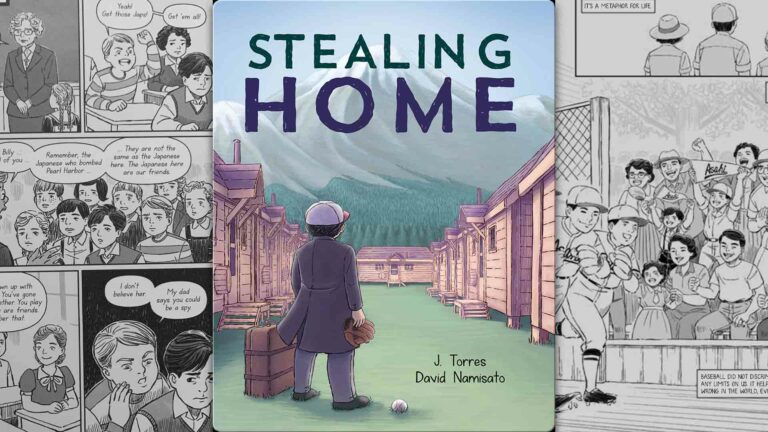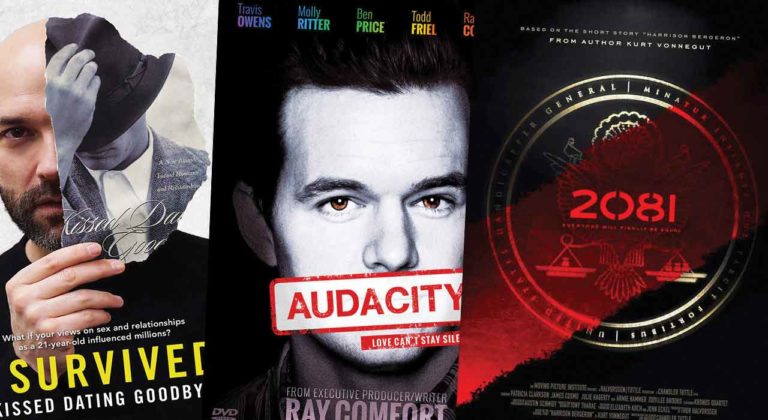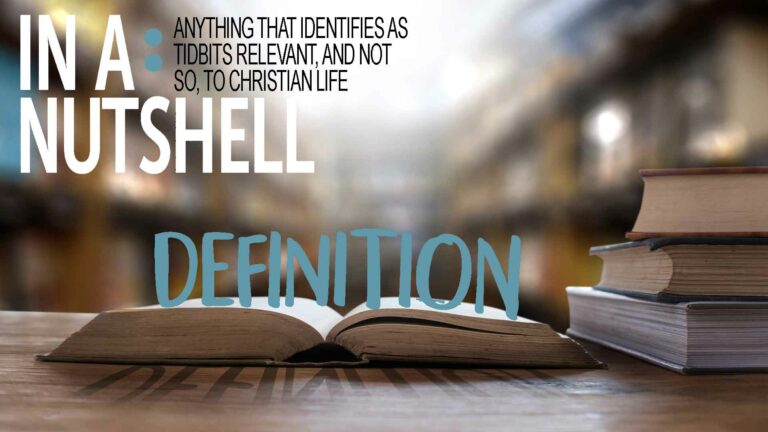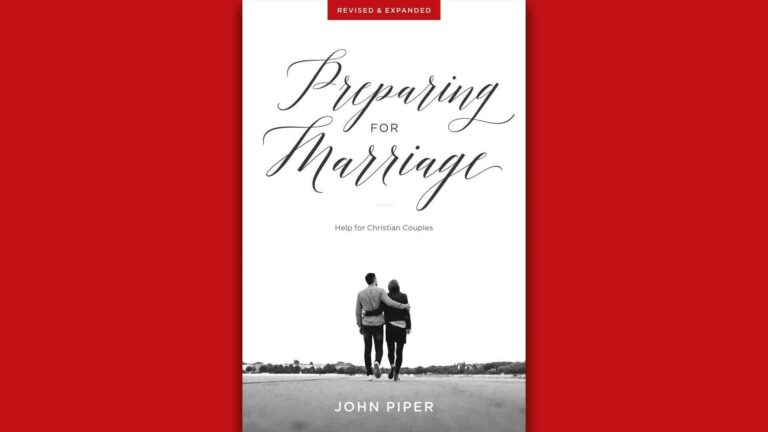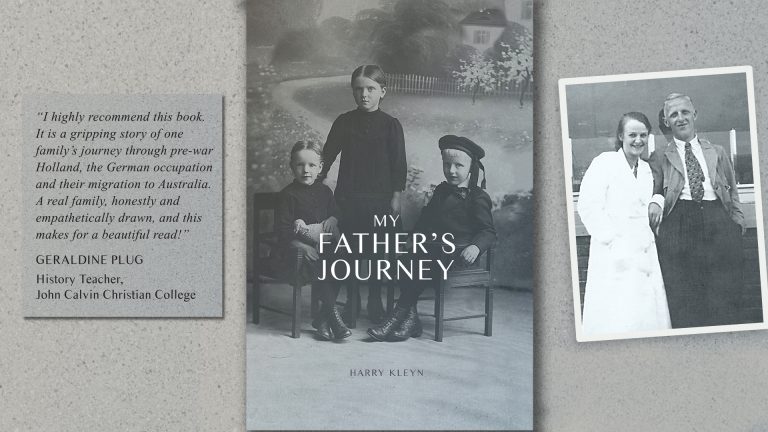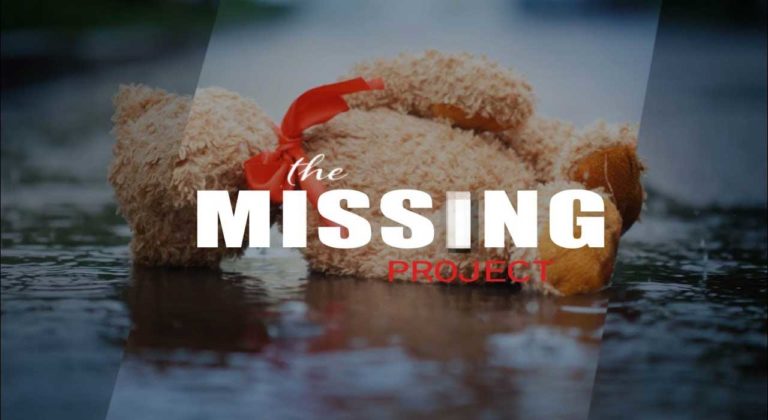DIRECTION MATTERS: the difference between legal, decriminalized, and regulated abortion, & why we support gestational limits
It has been 30 years now since the Supreme Court struck down Canada’s last abortion law in their R. v. Morgentaler decision (1988). Soon after, the Mulroney government made an attempt to craft a new law. But Bill C-43 was a piece of legislation that would have protected only some pre-born children. Those involved in Canada’s pro-life movement during the early 1990s were divided on whether or not an imperfect law was something they could support.
Today this issue is still being debated. On the one side there are those who argue we should not support legislative measures that protect some but not all pre-born children.
On the other side we are arguing for advancing abortion legislation one step at a time. We wholeheartedly believe that Bible-believing Christians can, in good conscience, support partial restrictions on abortion, including gestational limits.
IN DEFENSE OF DEBATE
Trying to save the pre-born is a fight to which many Christians have devoted a significant part of their lives. It is an issue we are passionate about and heavily invested in. It is, consequently, very hard for us to discuss strategy in a dispassionate manner. But when we turn to the Bible we see there is good reason to try.
Proverbs 18:17 tells us, “The first to present his case seems right, until a second comes and questions him.” Finding out who is right is often aided by hearing both sides. Proverbs 27:17 makes a similar point: “Iron sharpens iron, and one man sharpens another.” We need to imitate the Bereans (Acts 17) who were willing to hear, but then went to the Scriptures to test what was being said to them.
In what follows, we are going to make our case for the morality of advancing abortion legislation one step at a time. We know some will disagree, but we hope that we can interact, as fellow Christians, in a God-honoring manner, having patience with one another and showing love to each other, as we search for the truth on this matter.
WHAT WAS UNCLEAR WITH BILL C-43 IS CLEAR TODAY
It’s been 30 years since Canada’s abortion law was struck down and 27 years since its intended replacement, Bill C-43, was defeated in the Senate. Many pro-life organizations celebrated the bill’s defeat. It was a piece of legislation that, according to then justice minister Kim Campbell, abortionists would have “no need to fear.” She wrote:
“The legislation is designed to protect a doctor from being convicted under the new law (and) protect nurses and other medical staff acting under the doctor’s direction.”
While the bill did offer more restrictions on abortion than we presently have, when compared to the law the Supreme Court had struck down only three years before, it had far fewer protections for the pre-born. There was also some reason to hope that if this bill was defeated it could be replaced with a better one. Few would have expected that for the next three decades no such bill would be forthcoming.
But here is the key point: the situation then was far murkier than it is today. Then it was unclear whether a better bill might be passed, and it was unclear whether this bill limited evil or expanded it. Compared to the completely lawless situation they then had, the bill offered some limitations. But compared to the previous abortion law from just three years before, this bill greatly expanded the evil that could be done.
There is nothing murky about the situation we now find ourselves in. Today we have had 30 years of unfettered abortion, and 27 years of governmental cowardice – no prime minister has ever again tried to pass an abortion law.
So if a bill is proposed today that offers any limitations on abortion, it would be clear what direction this is taking us: towards limiting evil, and away from its expansion.
THE COUNTER-ARGUMENT
But some pro-life groups are convinced that any law that saves only some is unjust, and can’t be supported. Their argument goes something like this:
Since Canada has no abortion law, promoting a law that restricts only some abortions (for example, making abortions after 12 weeks illegal) would mean that we are legalizing and condoning all of the abortions that are not banned (e.g., those happening before 12 weeks).
In a January 20, 2014 editorial, The Interim, a Canadian pro-life newspaper, put it this way:
We...find politically motivated compromise that creates arbitrary demarcations to protect some human lives but not others to be abhorrent, adding the insult of age discrimination to the injury of death by abortion. Protecting pre-born life requires political action, not political compromise.
So the question we have to answer is: if we promoted a law that would restrict abortion to 12 weeks’ gestation, would we be legalizing and/or condoning the abortions that are permitted?
ON LEGAL AND ILLEGAL
To answer that question properly, we have to understand what is actually meant by the terms legalizing, decriminalizing, and regulating. From there we will explain why we all should support regulating abortion. But by no means should we support abortion being legal, let alone condoned.
Confused? It actually isn’t too complicated. Please take a few minutes to walk with us through a few points.
1. What is not illegal is legal
In our legal system, unless something is illegal it is presumed to be legal. For example, walking your dog without a leash is presumed to be legal unless and until a bylaw is passed requiring a leash. We could not say, before the bylaw was passed, that walking your dog without a leash was not legal; it wasn’t illegal, and so it was legal.
We also need to make a distinction between something being legal and something being legalized. The common use of the word “legal” can simply be interpreted as “allowed” or “permissible.” Similarly, the term “legalized” can mean the process of removing a prohibition against something that is currently not legal (i.e., the process of making something permissible).
With abortion in Canada there are no laws that regulate the practice (although some doctors’ manuals might advise some limitations). So, there are no laws regulating which procedures can be used, how late in the pregnancy the procedure can be done, or what information should be shared with the patient. And there are no waiting periods, age restrictions, parental notifications, etc.
Generally speaking, we can say that abortion in Canada is completely legal from conception until the child is fully outside its mother. Abortion has yet to be regulated since the 1988 decision of the Supreme Court made it fully legal.
2. New restrictions do not make abortion legal – it is already legal
Even if there is no abortion law, abortion remains legal. Adding restrictions doesn’t make it legal, nor does it make abortion more legal. Some of what was legal is now made illegal (e.g., abortion after 12 or 18 weeks’ gestation), thereby saving some lives and limiting evil. That is exactly what the Bible calls the State to do – to limit evil.
Some might object, “Wouldn’t a law prohibiting abortions after a certain number of weeks arbitrarily divide humans into ‘protected’ and ‘unprotected’ classes?” The continuum of human life begins at fertilization and ends at natural death. Currently under Canadian law only “born” humans have protection, so our law today already divides humans into “protected” and “unprotected” classes. If the law was changed to reflect increased protection by extending it to “pre-born” humans from 20 weeks to birth, then fewer babies would fall under the unprotected class, thus limiting the injustice of abortion. We certainly do and would support any initiative that would move more humans into the “protected” class.
3. In a country where there are no restrictions or laws pertaining to abortion, regulating abortion is a step toward making abortion illegal
We have already established that abortion is allowed in Canada for any reason. In this case, regulating it does not mean we are granting something that was illegal the legitimacy of legal status. Rather it means limiting and regulating by law something that once had absolutely no restrictions. Note as well that regulating abortion is worthy of support only if we are moving in a direction that limits abortion.
In a 1968 Canada, our argument in favor of a gestational limit law would fail: a gestational limit of 12 weeks would have expanded evil, greatly increasing the number of children left unprotected. However, in a 2018 Canada, proposing such a gestational limit is fully in accord with the Bible because such a limit would restrict evil, greatly increasing the number of children protected.
It is understandable that pro-life organizations do not like to promote a law that doesn’t protect all pre-born children. We would all much prefer to see a complete ban. But the alternative is to maintain the legal reality of abortion-on-demand. A ban is simply not possible in a democratic state in which the people’s hearts are against God and against life. The Bible teaches us that the role of politics is to restrict The reality is that the law won’t be able to eradicate evil.
FURTHERMORE...
Two further points need to be made.
First, there is a very real sense in which all pro-lifers have already endorsed a step-by-step approach to eliminating abortion, even though these steps will protect only some children. All pro-lifers support efforts to defund abortion. By doing so, they support a process that would protect some children, but not others. Under defunding, abortion remains legal as long as the mother or the father pays for the abortion. Someone could argue, “I won’t support that defunding law because it only saves poor babies while all the babies of rich mothers who can afford the abortion will still be terminated.” That may be so, but defunding abortion is a step in the right direction. Such a law does not say that abortion is right; it does say (implicitly) that you can do it as long as you pay for it yourself. So consistency demands that those opposed to gestational limits should also object to abortion defunding. Or that those who support defunding also support gestational limits.
Second, one of the objections to this step-by-step approach is that it supposedly condones the death of those we cannot yet save. But saving some does not mean we condone the death of those we can’t save. As Jonathon Van Maren pointed out in a 2012 article, many Jewish children were saved during the Second World War (including by some of our parents and grandparents) because they were small enough to hide in the homes of brave families who took them in. Not only could they hide, more could hide in a small space than adults or seniors. Nobody would ever say – or even think the thought – that, because these families saved children and not adults, they were condoning the deaths of the adults that they couldn’t save. Clearly then, when we can save only some, saving them does not condone the death of any others we could not save!
OUR CHALLENGE
In this article we’ve explained that gestational limits would not legalize abortion because it already is legal. We’ve also argued that saving some does not condone the death of those we cannot yet save. And we’ve tried to show that all pro-lifers already support legislative efforts that will protect only some children (in this case, the children of poor mothers).
We want to conclude with a challenge. If you think we are wrong, please address these points one by one and explain why. Be specific. Please show how abortion in Canada is, in any sense, not already completely legal right now. Show how a gestational limit that will protect only some differs morally from a defunding effort that will protect only some. And explain why those who saved Jewish children weren’t condoning the death of their parents (who they couldn’t save), but today when we try to save some pre-born children (via a gestational limit) we are supposedly condoning the death of the children we aren’t able to save.
CONCLUSION
In Canada we have opportunity right now to save some of the many pre-born children being killed by abortion. We value them all. However, in today’s political, social and legal climate, we can’t save them all – we can’t eliminate this evil. But we can take steps to limit it. We can take steps to protect more and more children. We can save some now, while continuing to push for further protection for all children in the womb.
Gestational limits would be a step in the wrong direction in any country in which abortion was currently banned. But in a country such as Canada, where all abortions are legal, this is a step in the right direction. This would restrict evil. So direction matters – it makes all the difference.
Of course, political and legal action in the pro-life cause can’t happen in isolation, so this is certainly not the only pro-life work that needs to be done. Far from it! The political/legal action discussed above must happen in concert with continued education, abortion awareness, cultural engagement, prayer, crisis-pregnancy counseling, adoption efforts, etc. Together, and by God’s grace, we can work towards the end of state-sanctioned abortion in Canada!
This is an updated version of an article that first appeared in the March 2014 issue of Reformed Perspective. Mike Schouten is the director of WeNeedALaw.ca, Mark Penninga and André Schutten are both with ARPACanada.ca, and Jon Dykstra is the editor of ReformedPerspective.ca....
 Lighthouse at Snug Harbour
Lighthouse at Snug Harbour Lily on a Summer Day
Lily on a Summer Day





















